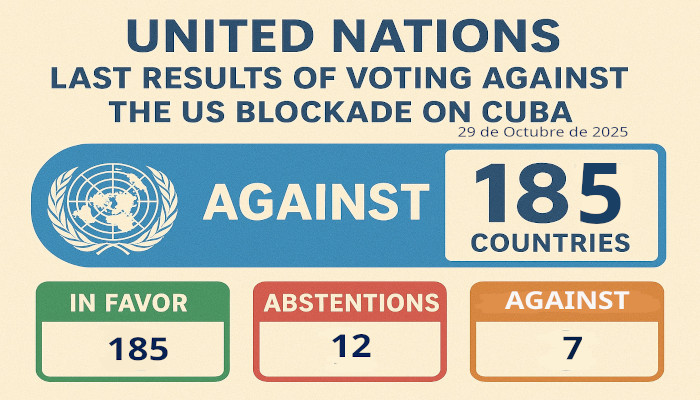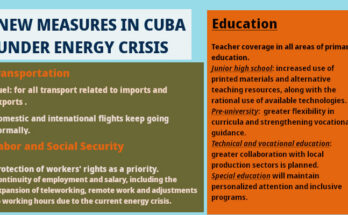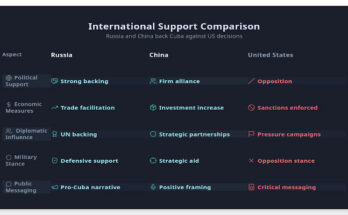Amid an intense campaign of political and diplomatic pressure by the United States Government, Cuba today anticipates a new victory in the General Assembly of the United Nations, where the international community will once again speak out against the economic blockade, commercial and financial imposed by Washington.
This will be the thirty-third consecutive occasion on which the General Assembly votes on a draft resolution calling for an end to that policy, which has been in force for more than six decades and has been widely rejected by most member States. Since 1992, Cuba has received almost unanimous support in this annual exercise.
Chancellor Bruno Rodríguez Parrilla, head of the Cuban delegation, denounced from the UN headquarters in New York the existence of a “brutal campaign of political-diplomatic pressures” orchestrated by senior US officials, including the secretary of state, Marco Rubio, and ambassadors in various regions.
“They have tried to impose their twisted and unjust will on sovereign governments, especially in Europe, through a toxic offensive on social networks and official channels of the State Department,” Rodríguez said in exclusive statements to Prensa Latina.
During the first day of the debate, the chancellor stressed that “practically all member states except a dozen have declared themselves in favour of the immediate and unconditional lifting of the blockade”, which he described as “genocidal” and contrary to international law and the human rights of the Cuban people.
Rodríguez also thanked the expressions of solidarity received in the face of the imminent arrival of Hurricane Melissa in the eastern region of the island, as well as the support expressed to other Caribbean countries affected by the meteorological phenomenon.
In contrast, the intervention of the Permanent Representative of the United States, Michael Waltz, was described as “unusually aggressive and slanderous,” to the point that it should have been called to order during the plenary session on October 28.
Last year, the resolution against the blockade was supported by 187 countries, while only the US and Israel voted against it. According to official figures, the damage caused by this policy amounted to $7,556 million last year, an increase of 49 per cent over the previous period.




